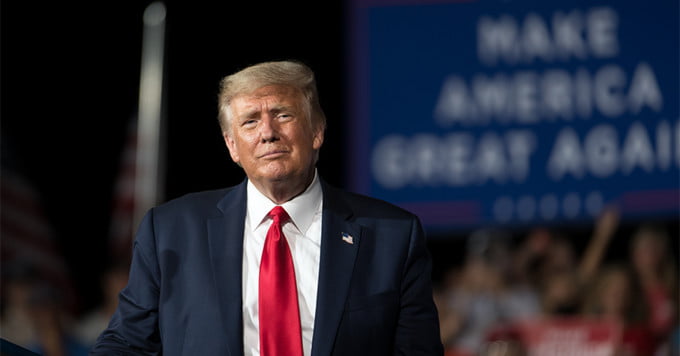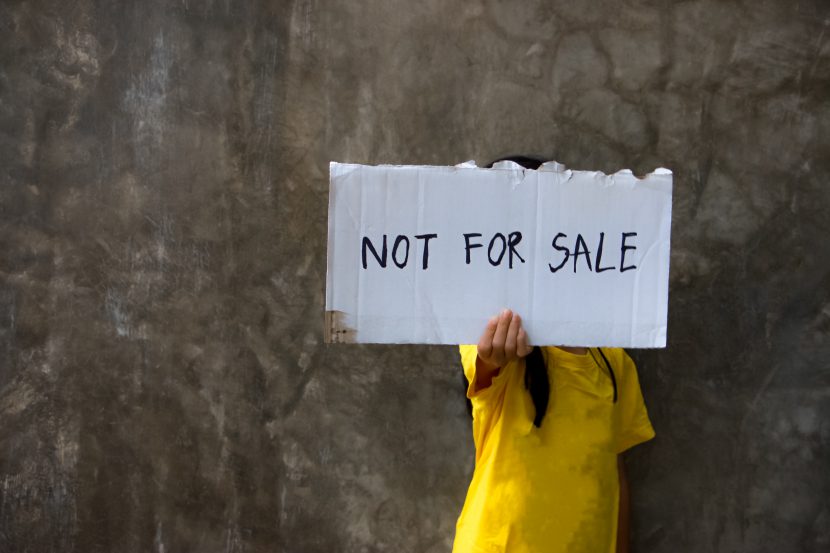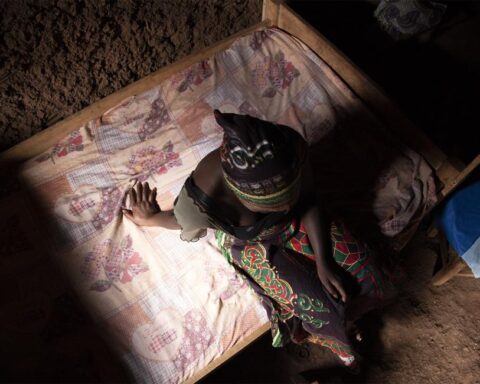In 2018 alone, more than 23,000 human trafficking victims were identified in the United States. Of these victims, 65% were women. More than 1 in 5 were children.
It’s a “level of evil that you would never believe is even possible in a modern age,” President Trump said in January. “The level of evil is incredible.”
President Trump has joined law enforcement officers to fight for the voiceless and end this scourge of modern-day slavery in our country. U.S. Immigration and Customs Enforcement (ICE)—which Democrats have called to be abolished—has arrested more than 5,000 human traffickers over just the past three years.
“I want to thank ICE. They have been incredible,” President Trump said.
Rather than dismantle law enforcement agencies, as the far left demands, President Trump has doubled funding for the Department of Justice to combat human trafficking.

The President also signed the largest DOJ grant package in history to stop trafficking. It included, for the first time ever, grants to provide safe housing for survivors.
All told, since taking office, President Trump has signed nine pieces of bipartisan legislation that target human traffickers, both domestically and internationally.
This week, the Trump Administration released its National Action Plan to build on these important steps. It lays out a strategy in three parts: prevention of trafficking, protection for victims, and prosecution for the criminals who fuel this evil industry.
In January, President Trump recognized the 20th Anniversary of the Trafficking Victims Protection Act. That day, he signed an Executive Order on Combating Human Trafficking and Online Child Exploitation in the United States. With that order, he created the first-ever White House position focused solely on ending trafficking.
Americans also heard that day from Bella Hounakey, a survivor of trafficking whom President Trump invited to speak at the White House.
“At age 13, I was brought into this country. I survived trafficking, along with 19 other girls. Afterwards, I was placed in foster care, but this negative experience in my past should not wholly define who I am today,” she said.
“Today, I am a college graduate. Today, I am an American citizen.”
Last fiscal year, ICE initiated 1,024 human-trafficking and forced-labor related cases. These actions led to 2,197 criminal arrests, nearly 700 convictions, and, ultimately, the rescue of more than 400 victims.






